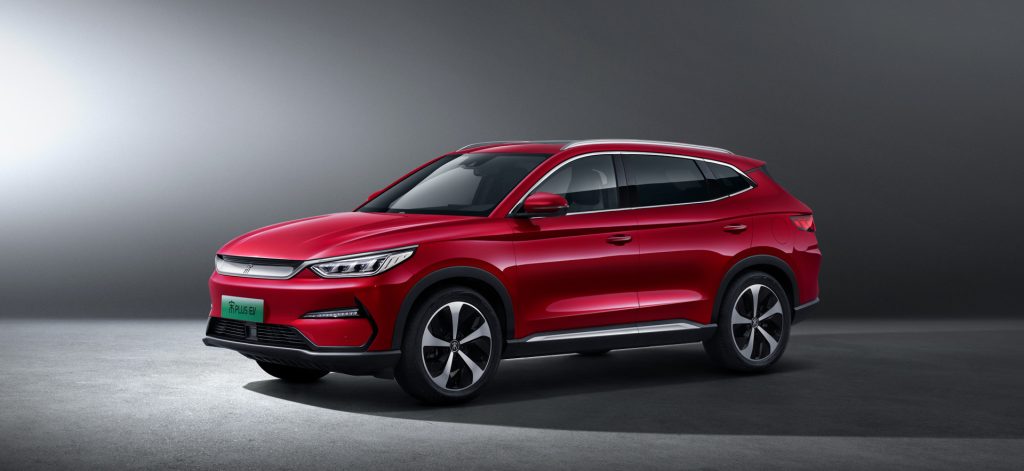Chinese electric vehicle (EV) giant BYD experienced a dip in February sales compared to the same period last year but remains on track for a strong year with over 320,000 units sold so far in 2024.
According to a recent announcement on the Hong Kong Stock Exchange, BYD sold 122,311 new energy vehicles (NEV) in February, down from 193,655 units in February 2023. This decrease can be partially attributed to the timing of the Lunar New Year holiday, which can impact consumer spending patterns in China.

Steady Market Performance and International Expansion
Despite the February dip, BYD’s year-to-date sales remain impressive at 323,804 units, showcasing the company’s continued dominance in the Chinese new energy vehicle market. The Song Plus SUV emerged as the company’s best-selling model in February, moving 20,173 units. This highlights BYD’s strong foothold in the popular SUV segment. The Yangwang U8, a high-end off-road offering, also saw decent sales of 780 units, indicating potential in the premium SUV market.
Other BYD models, including those from the Dynasty and Ocean Networks, maintained consistent sales throughout February. The Qin, Han, Tang, and Yuan families, along with the Seagull and Dolphin models from the Ocean Network, all contributed to BYD’s overall sales figures.
BYD’s international presence is also flourishing. The company exported a total of 23,291 new energy passenger cars in February, demonstrating the global appeal of its electric vehicles and the success of its internationalization strategy.
Looking ahead, BYD‘s sales are expected to continue growing as the company introduces new models and further strengthens its brand recognition in both domestic and international markets.
In a recent announcement at its Dream Day event in Shenzhen, BYD also unveiled plans to invest $14 billion in smart cars. CEO Wang Chuanfu highlighted the importance of intelligent new energy vehicles in the industry’s future, showcasing the Xuanji smart car system integrating various technologies.
This investment aims to boost BYD’s competitiveness in features like autonomous driving and voice recognition, as it seeks to compete with rivals like Nio and Xpeng in China’s growing EV market. Last year, BYD sold over 3 million new energy vehicles, with plans to launch over 10 high-end smart driving models equipped with lidar sensors.
RELATED:
- BYD’s Denza D9 Minivan Makes a Grand European Debut at Geneva Motor Show
- BYD Announces a Major Price Reduction for the Dolphin Hatchback EV
- Best of MWC 2024: AI Phone, Transparent Laptop, 3D Tablet & More
- Xiaomi 13 Ultra Premium Camera Phone is now only $799
- Get $100 OFF on Xiaomi 14 Pro at Giztop (1TB Variant)
(Via)







